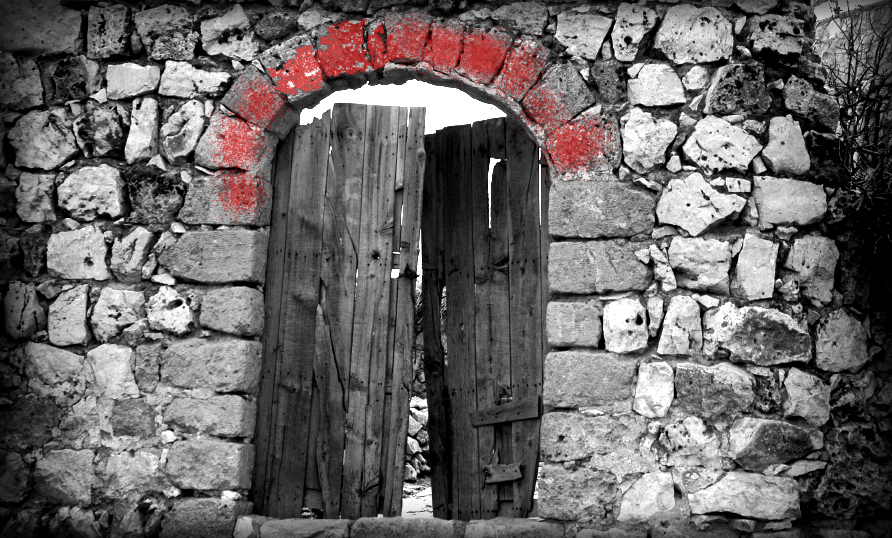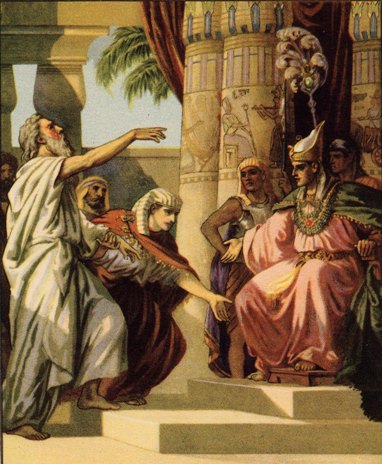Although God had rescued his people out of Egypt through the ten plagues, he was not finished yet. Once they were gone, God hardened Pharaoh’s heart one last time.
Exodus 14.4
And I will harden Pharaoh’s heart, and he will pursue them, and I will get glory over Pharaoh and all his host, and the Egyptians shall know that I am Yahweh.Exouds 14.18
And the Egyptians shall know that I am Yahweh, when I have gotten glory over Pharaoh, his chariots, and his horsemen.
The Red Sea was part of God’s master plan. He wants to demonstrate his power so that everyone will know that he is the great God over against the idols of the nations. As Babe Ruth is known for hitting home runs, Steve Jobs for iPhones, and Mark Zuckerberg for facebook, Yahweh is known for rescuing his people from Egypt. Years after this, Rahab told the Israelite spies what she had heard about their God:
Joshua 2.9-11
“I know that Yahweh has given you the land, and that the fear of you has fallen upon us, and that all the inhabitants of the land melt away before you. For we have heard how Yahweh dried up the water of the Red Sea before you when you came out of Egypt, and what you did to the two kings of the Amorites who were beyond the Jordan, to Sihon and Og, whom you devoted to destruction. And as soon as we heard it, our hearts melted, and there was no spirit left in any man because of you, for Yahweh your God, he is God in the heavens above and on the earth beneath.”
Rahab, living far away in Jericho, has heard the rumors about Yahweh. Because of his mighty power, shown through partying the Red Sea, she knows he is “God in the heavens above and on the earth beneath.” Splitting the Red Sea was not haphazard or happenstance, it was God’s plan so that people would hear, so that he would get glory over the Egyptians, so that five hundred years later they would write psalms about it, so that thousands of years later you would praise him for it. The ten plagues and the Red Sea are all about Yahweh showing the world who he is.
Once the children of Israel got through the Red Sea and the chasing Egyptian chariots, horsemen, and footmen perished, God’s people took some time to praise him. They wrote a song about how he saved them and how he decimated Pharaoh’s army. Miriam took up the tambourine and led the other women in dancing. This is the appropriate response when God delivers his people from something–worship. Has God delivered you from anything? If so, then testify to it. Share it with others. And most of all, worship him for his steadfast love to you.







